AARP Hearing Center

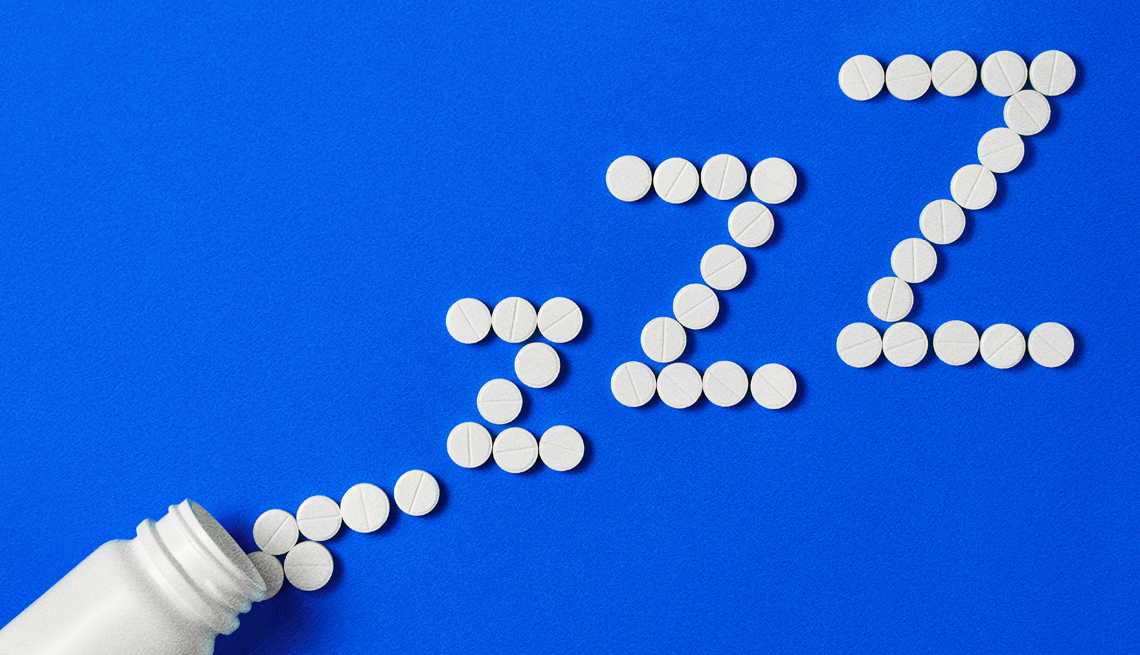
Just as our bodies and minds change throughout life, so does our ability to get the recommended seven-plus hours of good, quality sleep each night. In fact, it’s estimated that 40 to 70 percent of older adults routinely experience sleep problems, like difficulty falling asleep or staying asleep.
Insufficient sleep doesn’t just wreck your mind and mood the next day; it’s a symptom of a number of chronic health conditions, including type 2 diabetes, cardiovascular disease, obesity and depression. What’s more, lack of sleep can increase your risk of accidents and falls.
Poor sleep can be traced back to a number of causes, from stress to screen time to health-related issues like heartburn. Commonly used prescription and over-the-counter medications can also contribute.
What is Insomnia?
Insomnia is a common sleep disorder characterized by trouble falling asleep, staying asleep or getting good-quality sleep. Short-term insomnia can be caused by stress or changes in your schedule or environment; chronic insomnia occurs at least three nights a week and lasts more than three months.
Insomnia is the most common sleep problem in adults 60 and older.
Source: National Heart, Lung and Blood Institute
What are non-REM parasomnias?
Non-rapid eye movement (non-REM) parasomnias are actions you do during the early stages of sleep. Though you’re not awake and may not remember them, they can disrupt your sleep. Non-REM parasomnias include sleepwalking, sleep talking, sleep eating, confusional arousals (waking up disoriented and confused) and night terrors (awakening in a frightened state).
A number of medications can cause these sleep-related disorders, including anti-anxiety drugs like benzodiazepines, certain antidepressants, high blood pressure medicines, antipsychotic drugs, anti-seizure medications, and asthma or allergy medicines.
REM sleep behavior disorder and drugs that cause it
REM sleep behavior disorder (RBD) is a parasomnia where you act out your dreams during the REM stage of sleep. This includes talking, yelling, kicking, punching or even jumping out of bed in response to what’s happening in your dream.
“Anything that alters sleep architecture [normal sleep patterns] can cause muscle-related sleep disruptions, or acting out dreams,” says Alex Dimitriu, M.D., who is double board-certified in psychiatry and sleep medicine and the founder of Menlo Park Psychiatry & Sleep Medicine in Menlo Park, California. “Common substances include alcohol, certain antidepressants, sedatives like zolpidem [Ambien] or eszopiclone [Lunesta], and [the beta-blocker] metoprolol [Lopressor].” Antidepressants may cause REM sleep behavior disorder by altering levels of the brain chemicals dopamine and serotonin, which play a role in REM sleep.
Here are 10 sleep-disrupting drugs commonly used by older adults.
1. Cold and allergy decongestants
Class of medications: alpha-agonists; decongestants commonly used for runny nose and nasal congestion
Common names: phenylephrine (Sudafed PE), pseudoephedrine (Sudafed) and various other combinations. Always check the active ingredients on the product’s label.
How they affect sleep: These drugs increase heart rate and heart muscle contractions, which can stir up heart palpitations, anxiety, blood pressure and excitability that prevents sleep or deep sleep.
What to do: Because these medications can affect the heart, check with your doctor or pharmacist before reaching for one — an alternative such as a steroid nasal spray may be recommended. If you get the OK from your health care provider and then find you need a decongestant for more than seven days, or if your symptoms are worsening during use, contact your doctor to make sure there’s not another issue causing your symptoms, like an infection.
2. Asthma medications
Class of medications: short-acting beta 2-agonists (bronchodilators), commonly called “rescue” medications or inhalers for quick symptom relief
Common names: pirbuterol (Maxair Autohaler), albuterol (Proventil HFA, ProAir and Ventolin HFA), levalbuterol (Xopenex)
How they affect sleep: Data shows that only 1 to 3.1 percent of the users of these medications experience true insomnia. However, other side effects, such as excitability, headache, heart palpitations and tremors, may be the bigger culprits for the sleep troubles these medications can cause, especially with frequent use.
What to do: If you use your rescue asthma inhaler or nebulizer more than twice a week and have trouble sleeping when you do, contact your physician and consider using a preventive medication or long-acting therapy.



























































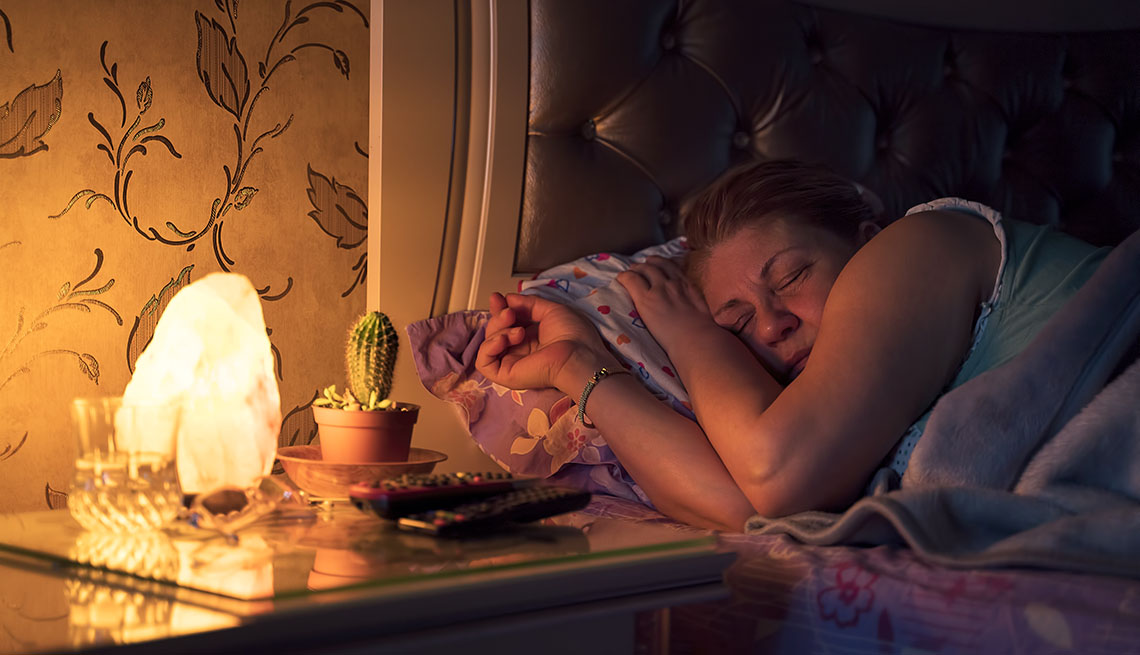
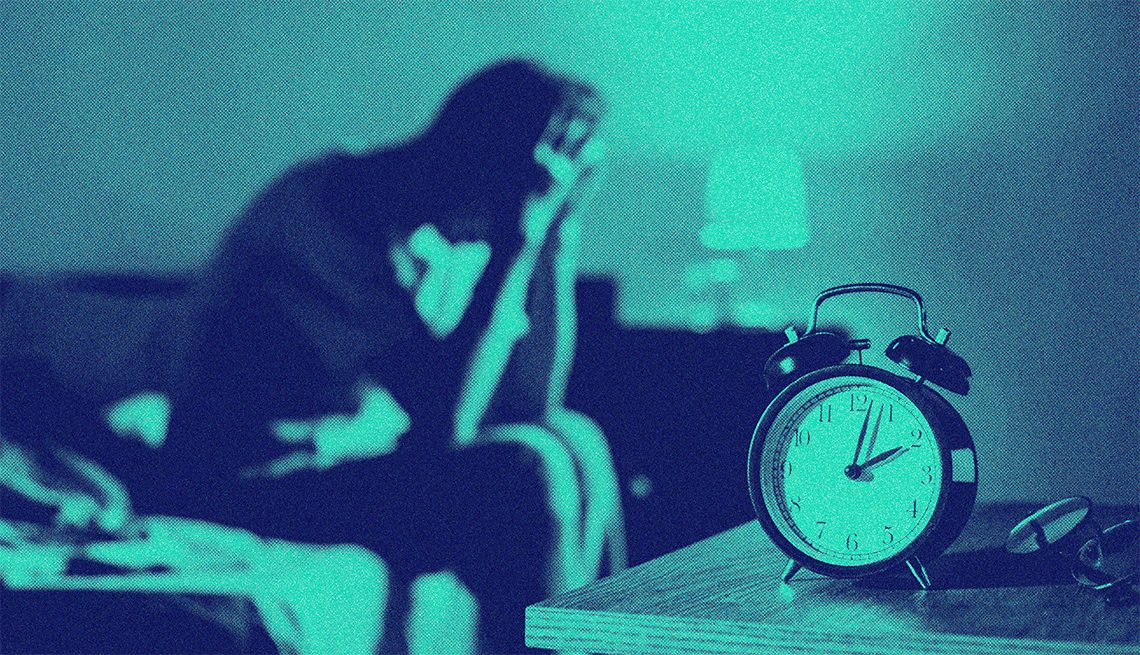

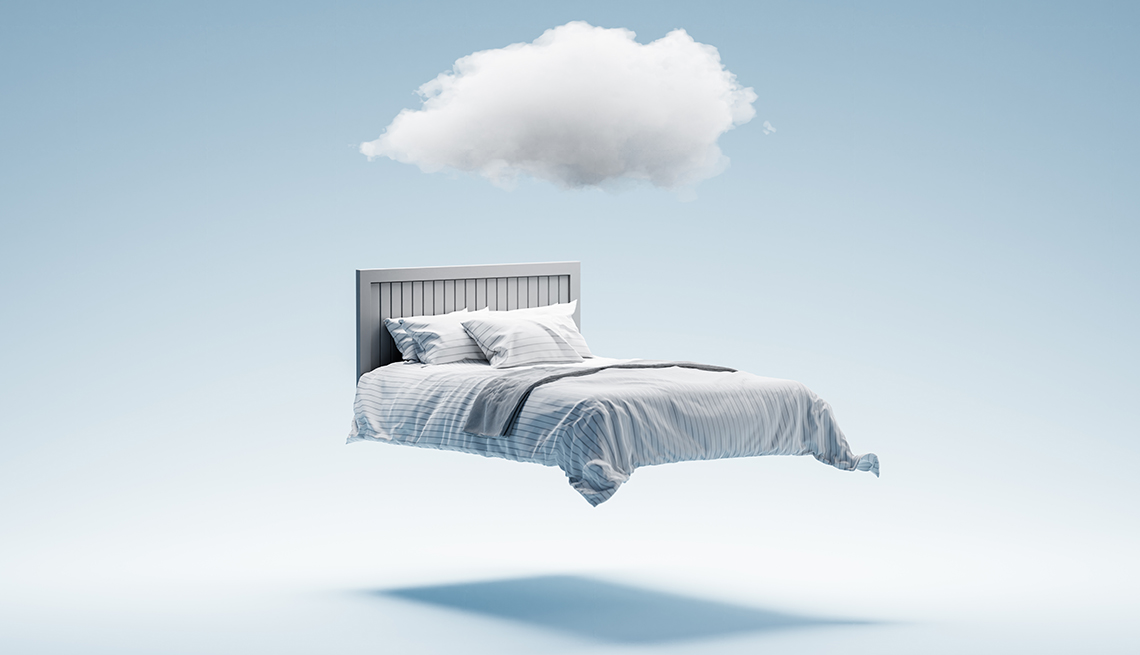
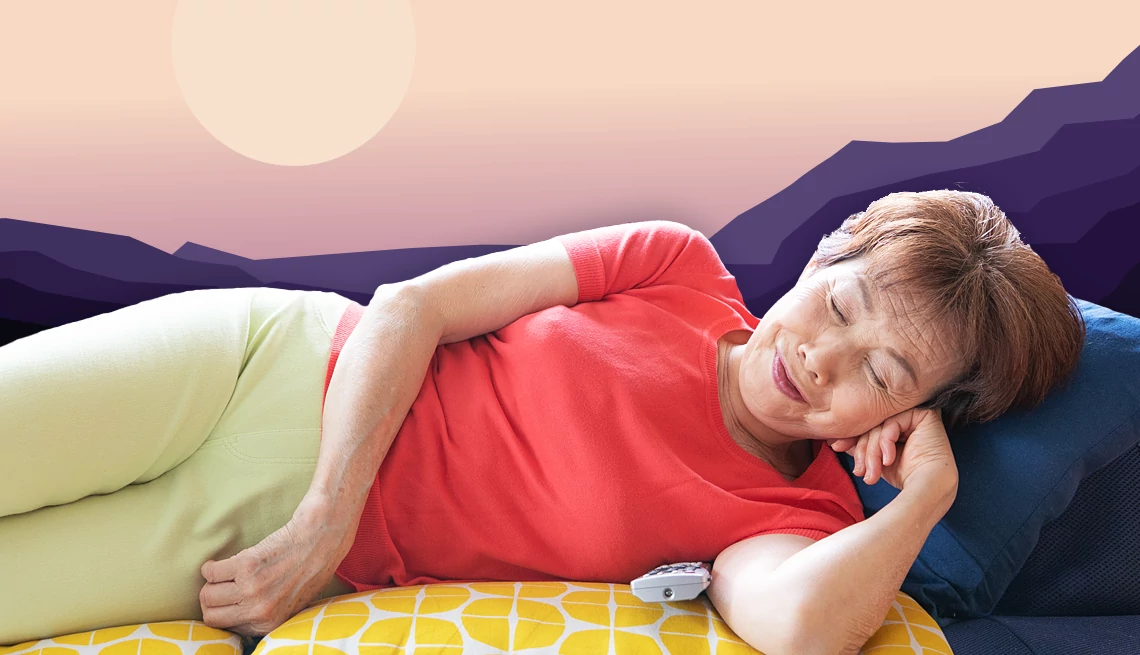
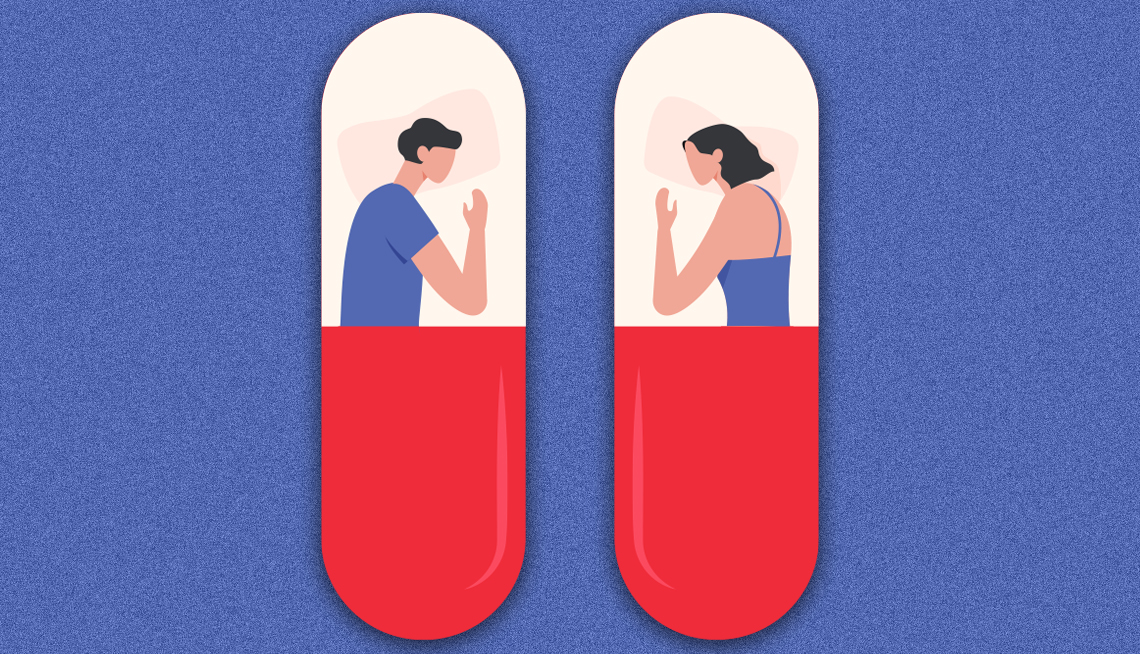
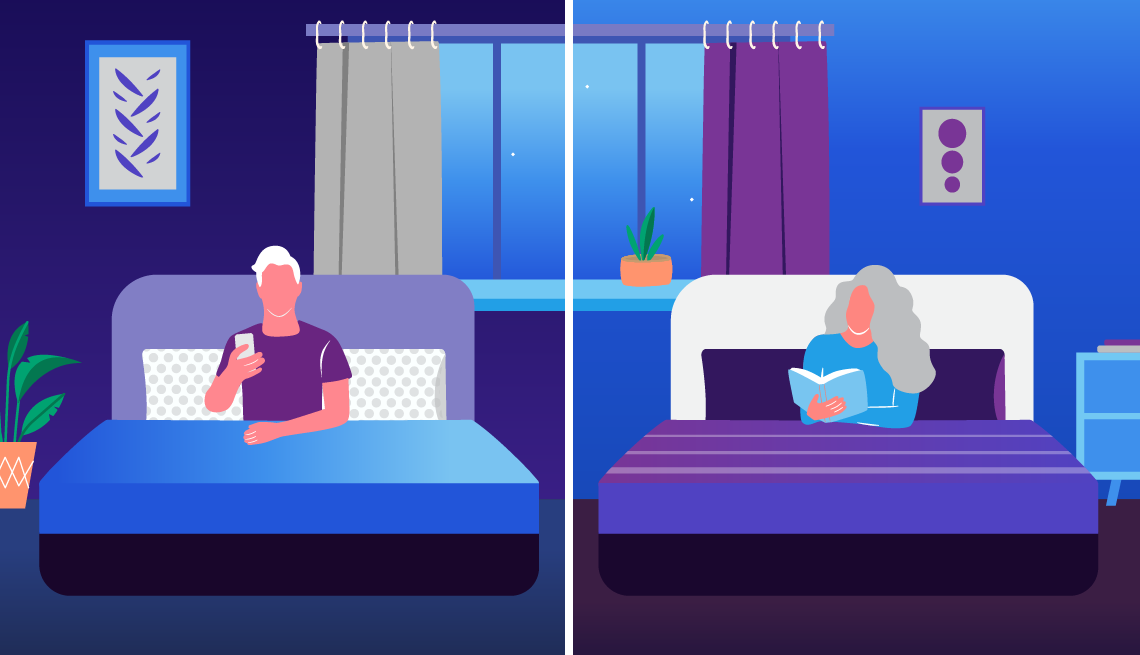
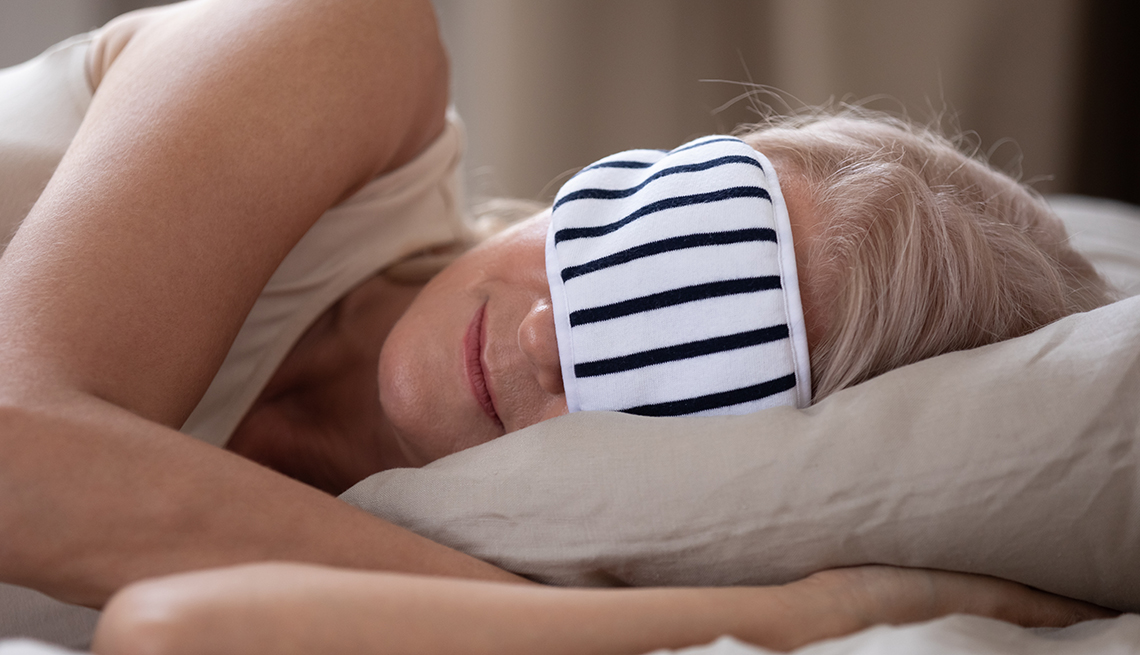


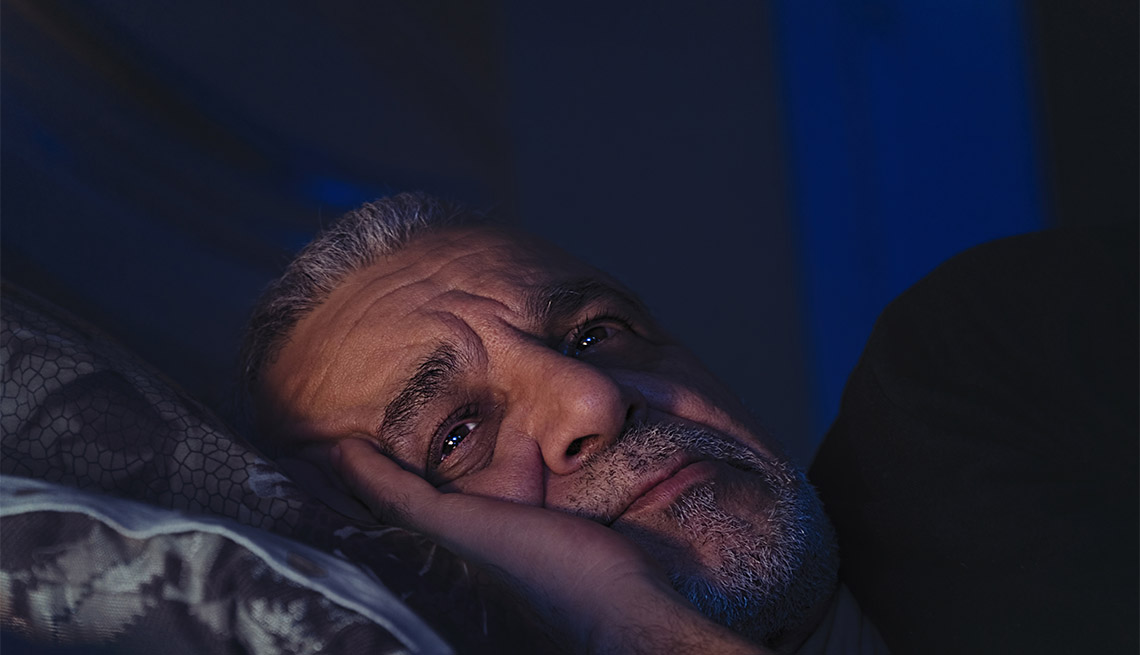
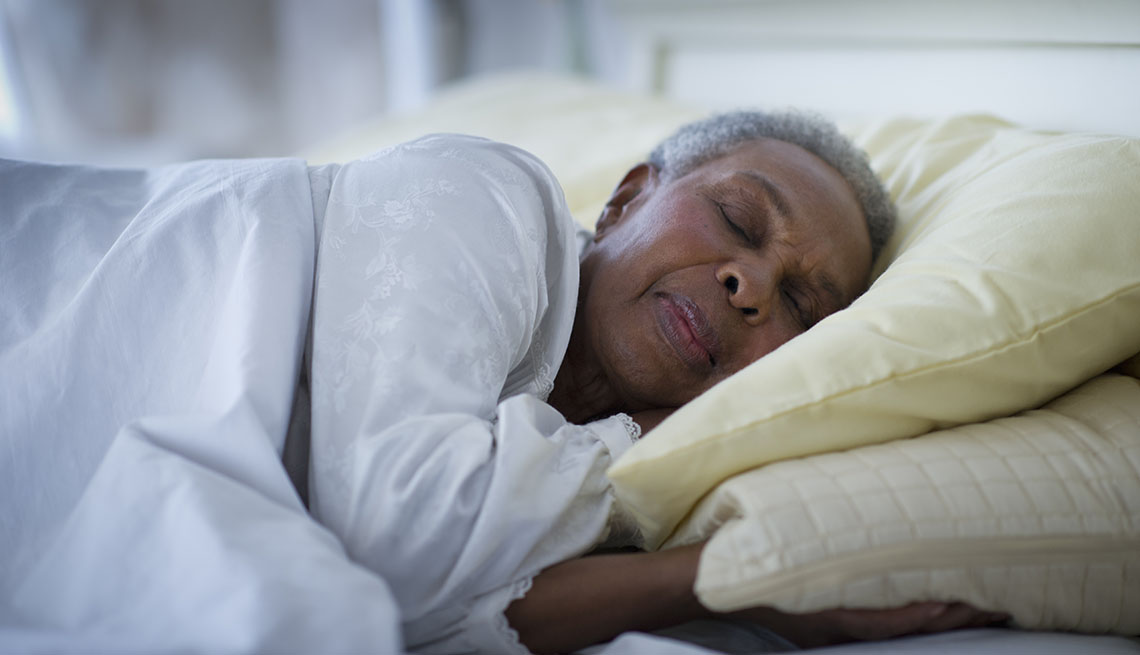
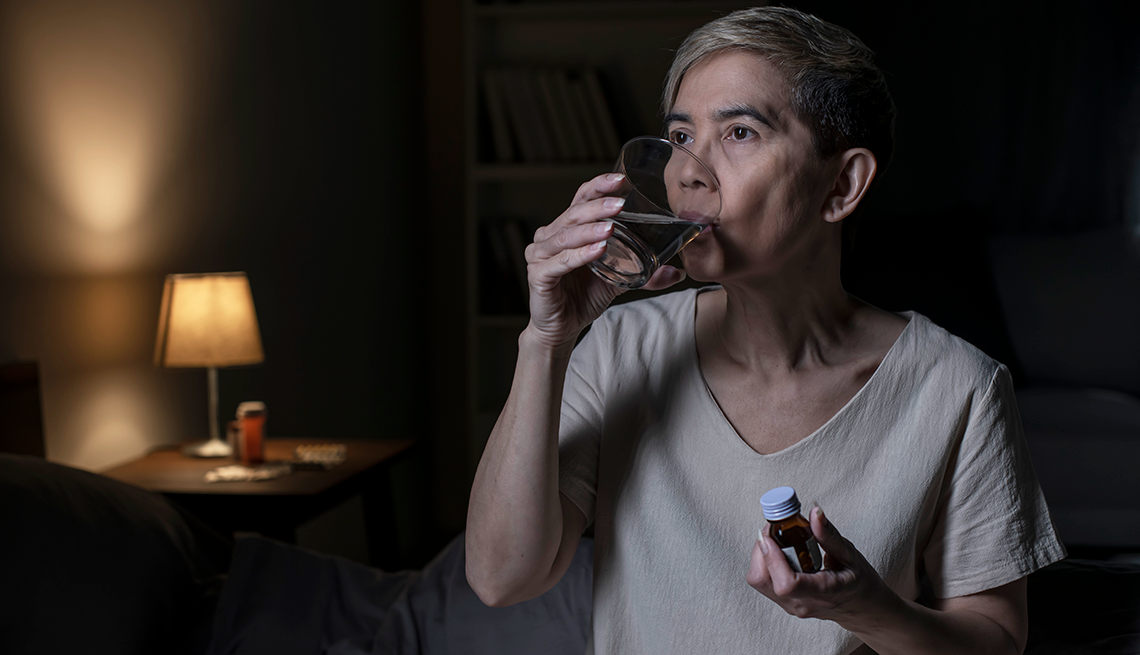

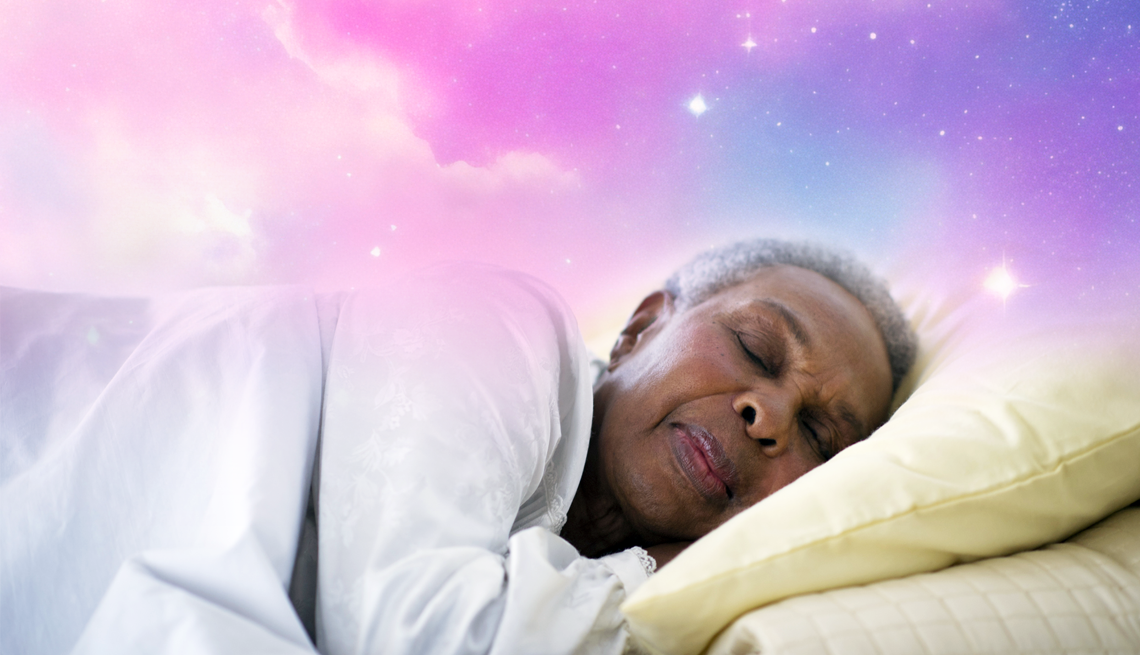

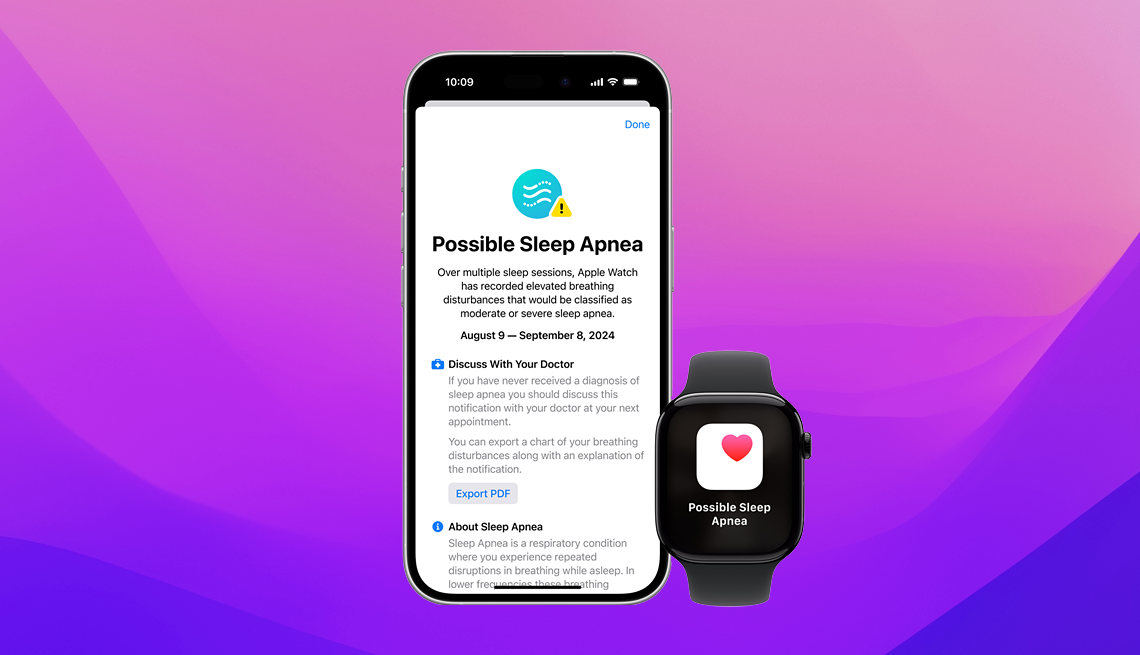
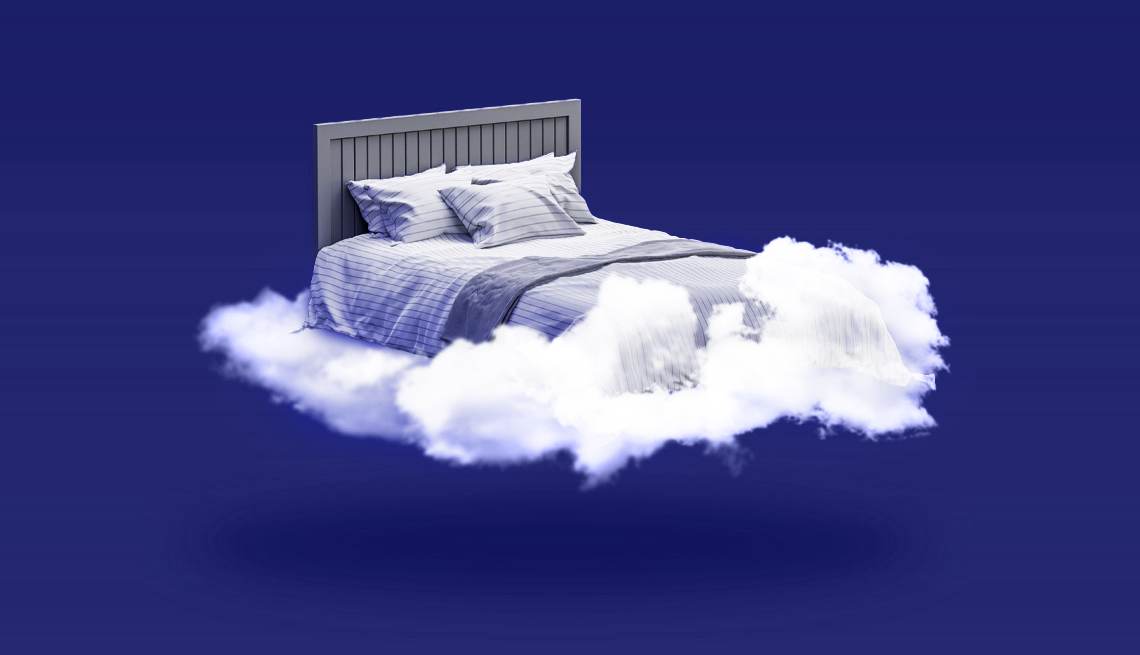
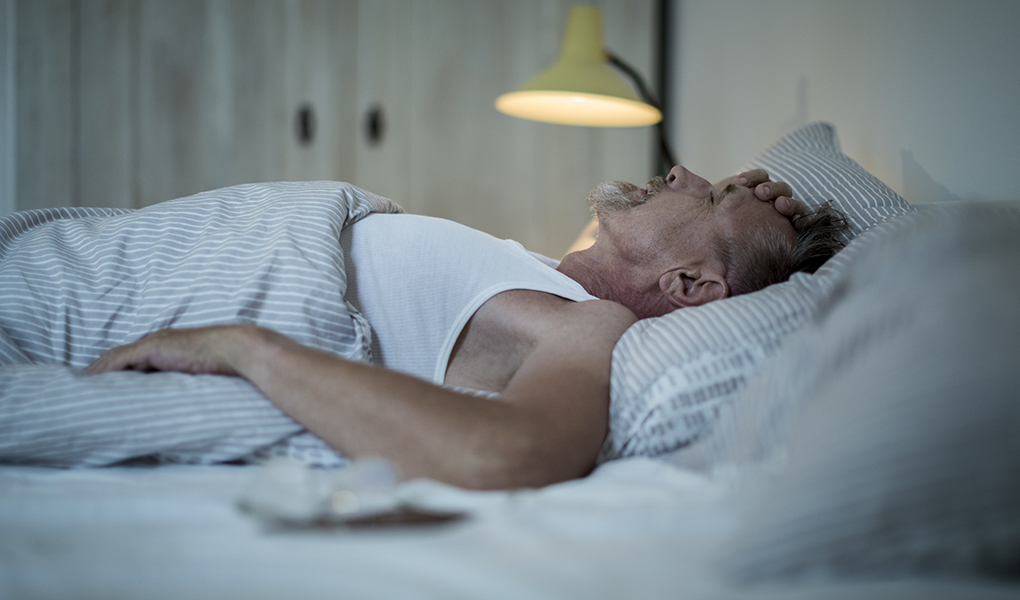
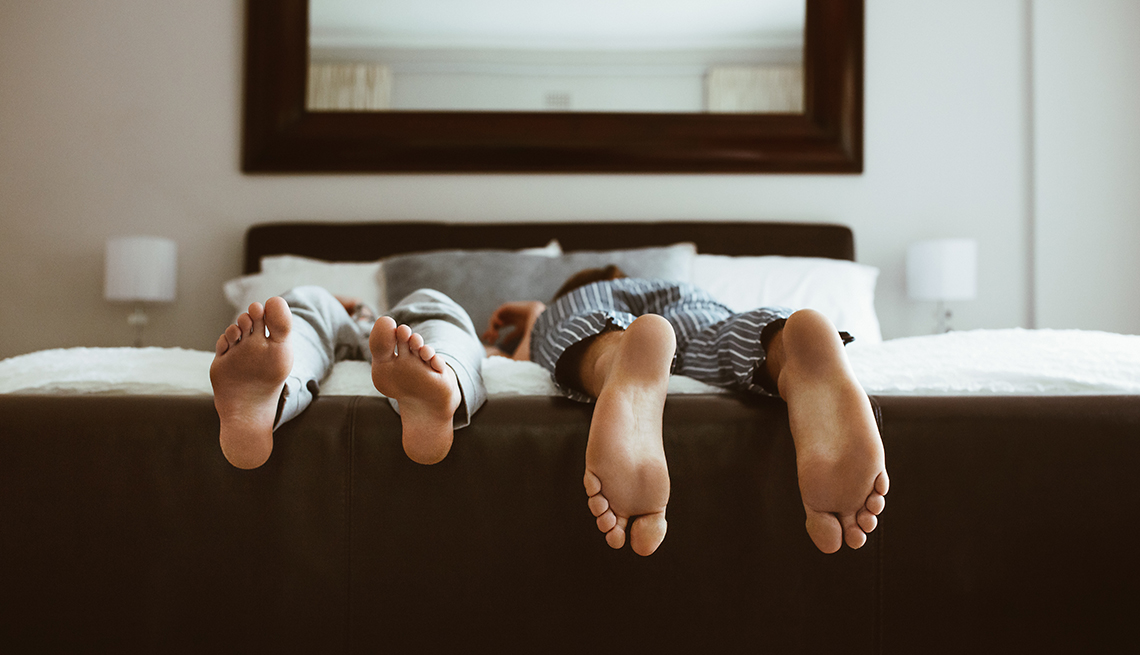




More on Sleep
Wake Up More Refreshed With Our Smart Guide to Sleep
43 tips to help you fight those restless, endless nights and get the slumber you need
Sleep and Brain Health
Sleep habits and understanding the relationship between sleep and brain health are examined in this study of adults 40 and older.
6 Simple Strategies for Sleeping Through the Night
Tips for getting the deep sleep you need. Plus, how to get back to sleep if you wake in the wee hours
Recommended for You